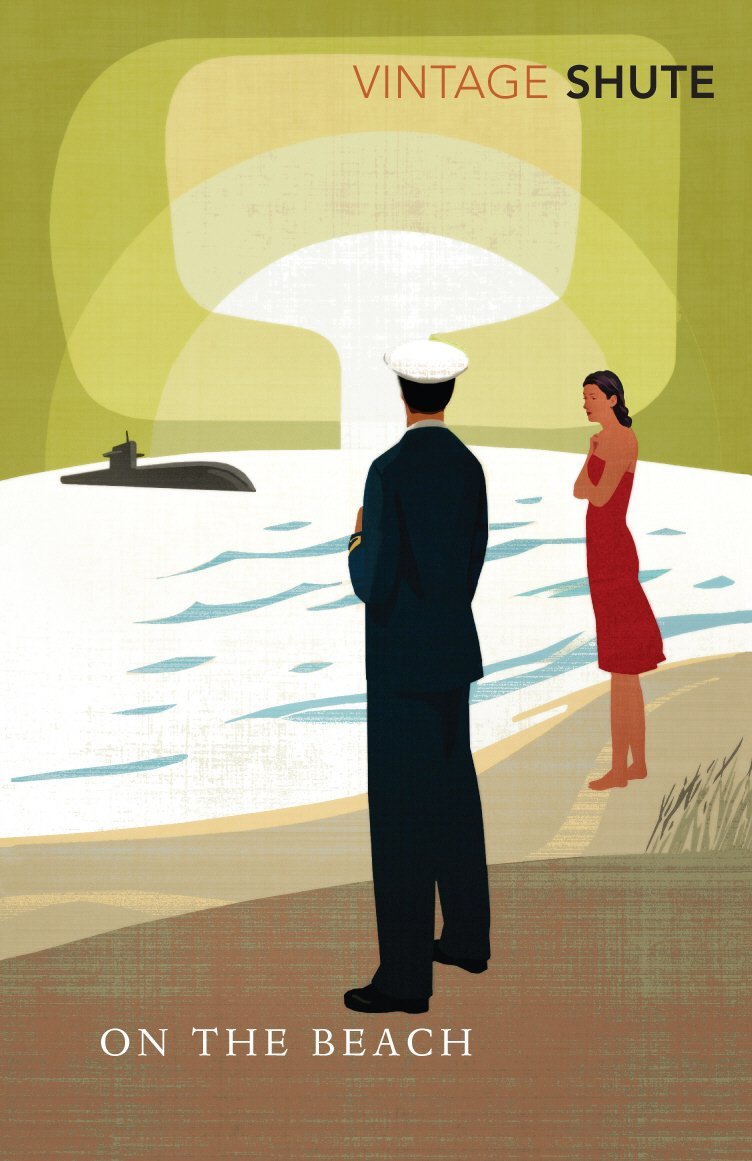
Over four thousand nuclear bombs have been dropped in the northern hemisphere. In Australia the survivors wait, for news, for hope. But the radiation will reach them eventually. All they can do is carry on living.
Why should we have to die because other countries nine or ten thousand miles away from us wanted to have a war? It’s so bloody unfair.
On the Beach is one of the saddest things I have ever read. The fact that everyone is so jolly and getting on with their lives, for however long that may be, makes it even more tragic. Not a single character is a villain, no one deserves to die, certainly not a horrible prolonged death. Radiation poisoning is one of the scariest things out there; with very little anyone can do to help.
It all starts off quite chipper. The short third war has destroyed the northern hemisphere but down in Australia, no one quite believes it will affect them, not yet. They are having to make do without petrol and aeroplanes, but life is continuing. Mary plans and plants her garden for next year. Inviting the American captain down and keeping him entertained so he doesn’t stop to think about his family; doesn’t see the baby and cry. Creating make-shift vehicles driven by cattle and pedal power.
They would much rather have another drink, than worry about it; Moira has decided to switch to brandy as gin rots the insides. There’s even rumours that getting pickled will increase resistance to radiation. It gives the whole thing a cosy catastrophe vibe.
I couldn’t bear to – to just stop doing things and do nothing. You might as well die now and get it over.
Whilst the state of the world is without hope, there is optimism in human nature. These people don’t turn against each other or exploit the situation, instead they are helpful and kind. It is the kind of community we would all like to be part of if the end was nigh, not having to struggle in our final days, but just pottering along.
A sole American submarine is still in operation, stationed in Melbourne. A small crew take it out to take readings and study the movement of the radiation across the globe. At first I wasn’t that interested in the goings on of the Navy, however it provides a useful tool to relay information about the rest of the world. They are living in isolation, no news can come from lands where no one lives and the submarine is the only thing equipped to go close to radioactive areas.
Maybe we’ve been too silly to deserve a world like this.
All world leaders should be made to read this book. It humanises the horror of nuclear war more-so than any graphic telling of destruction. It’s the slow, inevitable wait for the extinction of the human race.
Goodreads | Amazon | Waterstones | Hive | Wordery
Book Source: Josh
Related posts
4 Comments
Leave a ReplyCancel reply
This site uses Akismet to reduce spam. Learn how your comment data is processed.
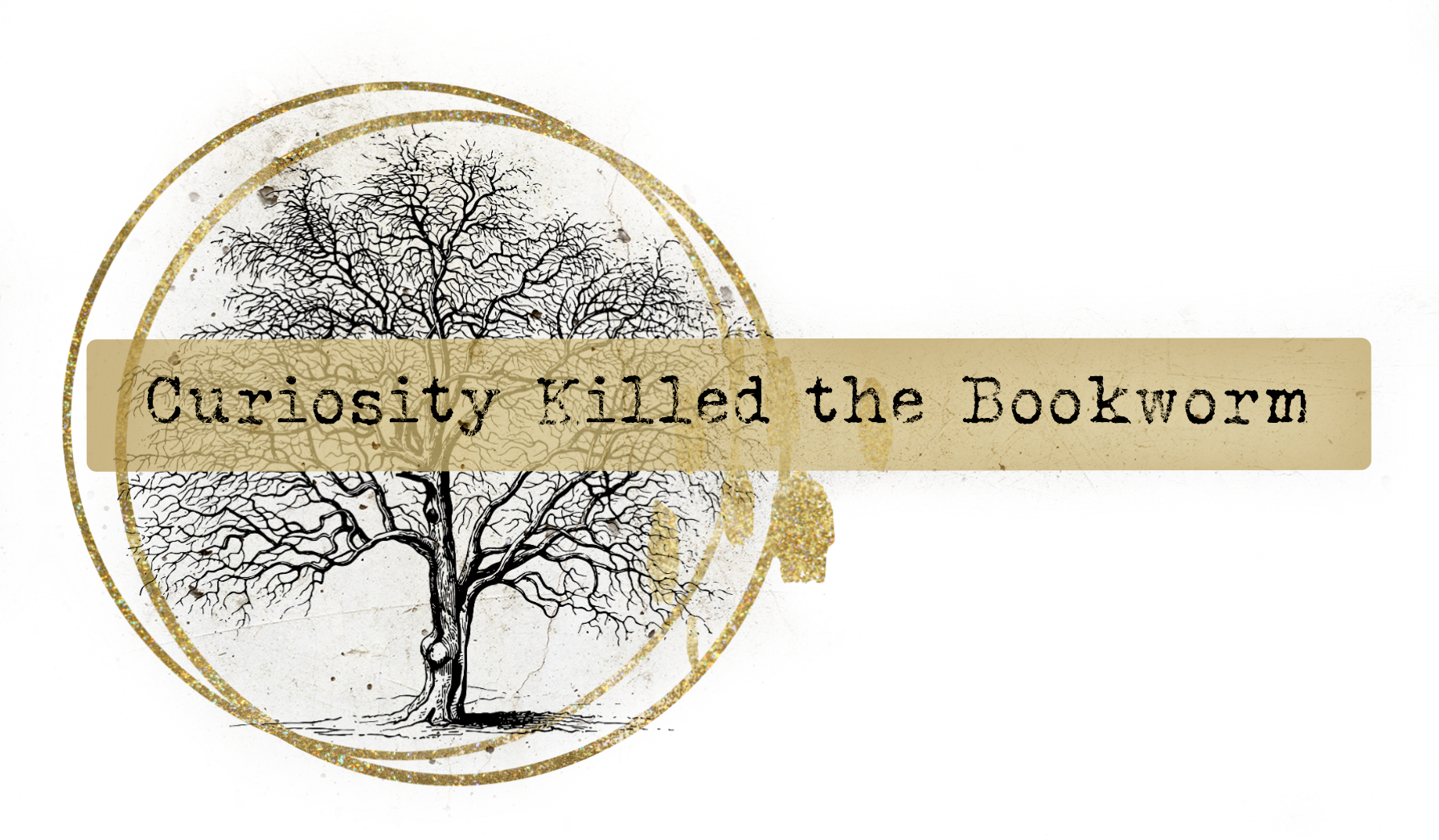

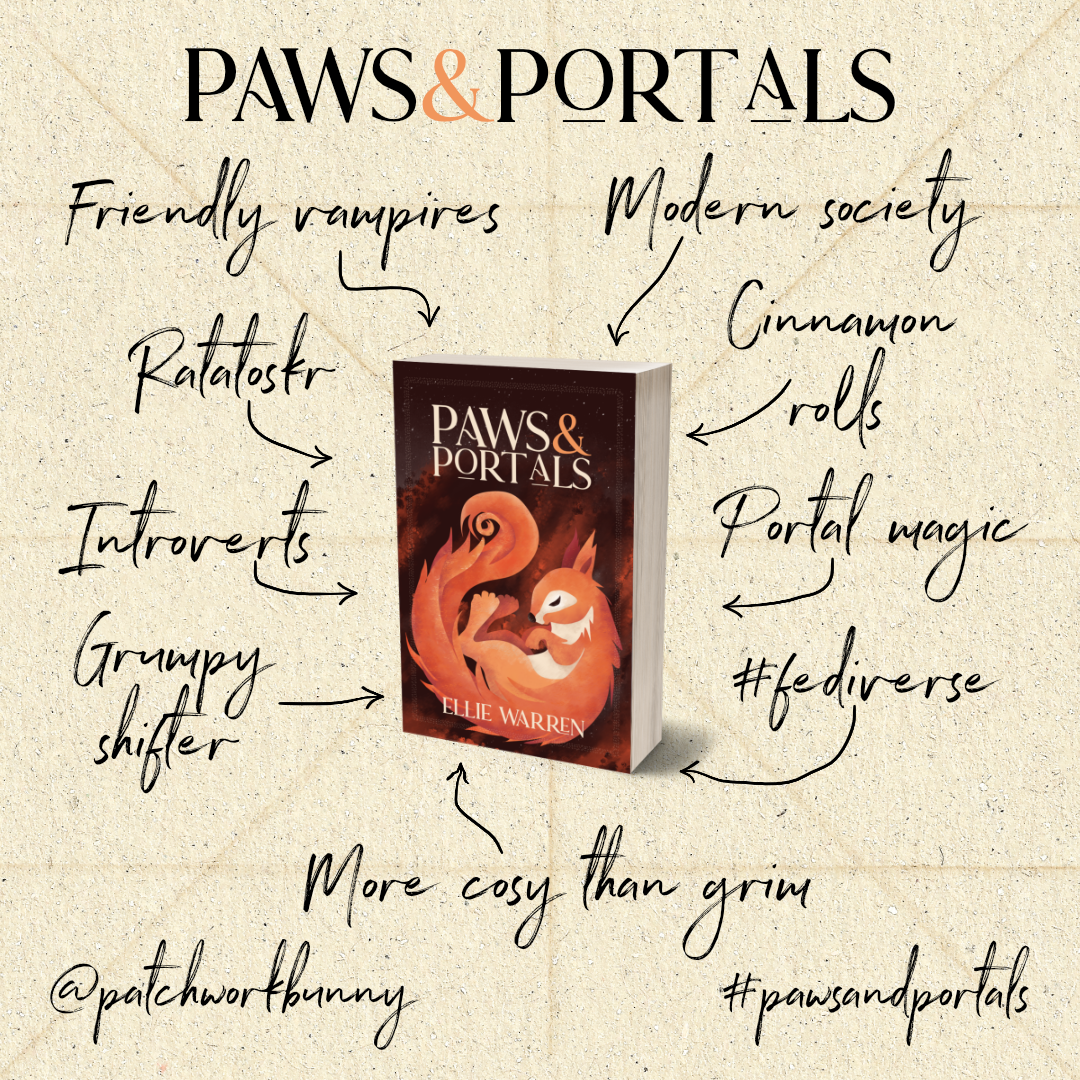


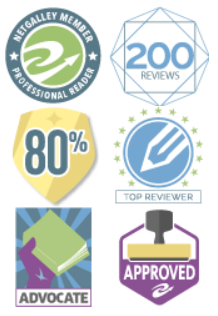
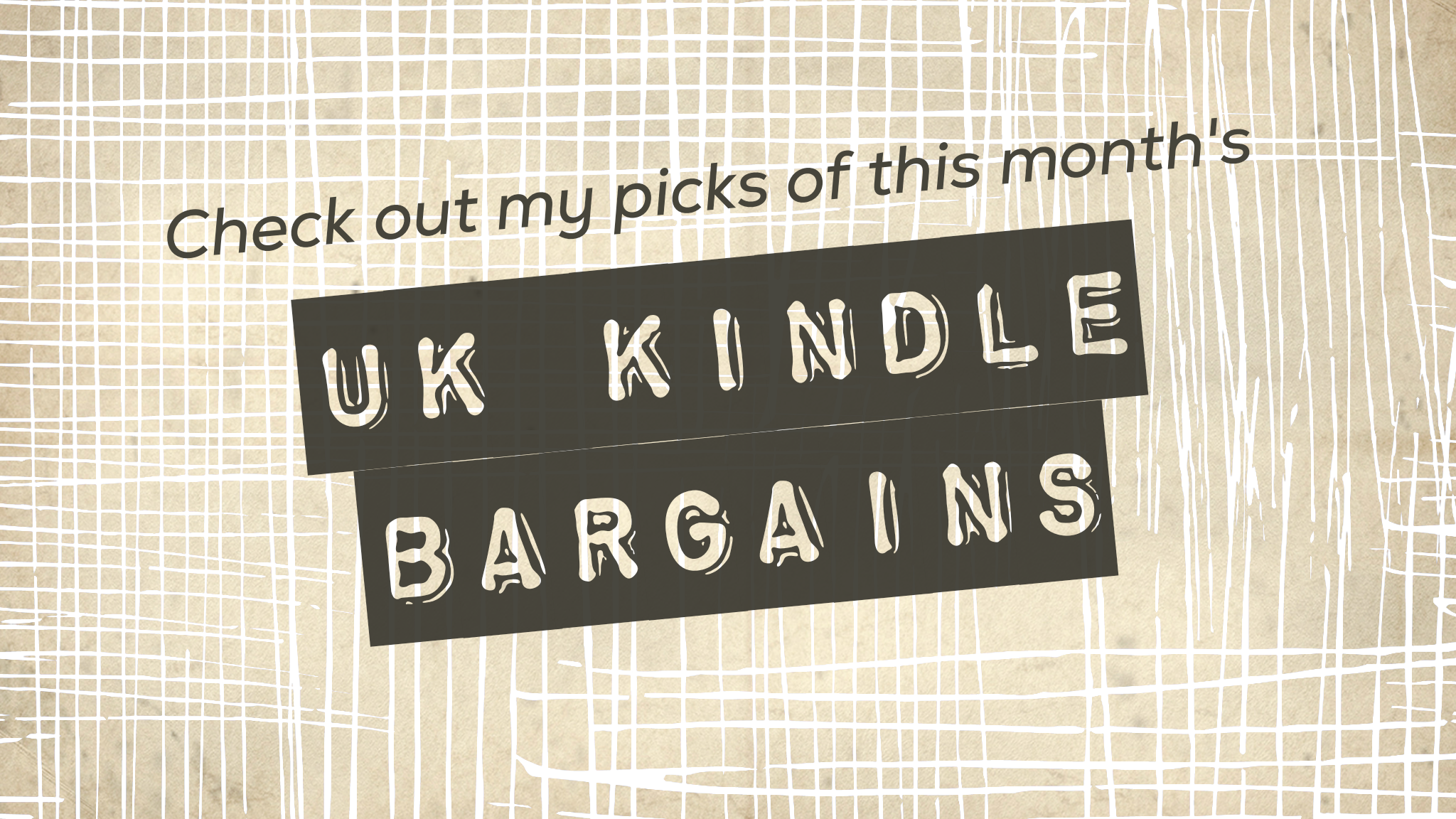
I read a few Shute novels last year, but I still have to get to this one.
I'm definitely going to try some of his others now.
I was in fifth grade when the TV movie version of this came out. It was a huge deal and I wasn't allowed to see it because it was on past my bedtime. I read this book soon after just to know what it was about. I was probably way too young for it. I don't remember details but I remember it being scary for a kid.
I can imagine! I saw a YouTube clip of the TV movie but the dialogue was really out of character so it's put me off seeking it out.